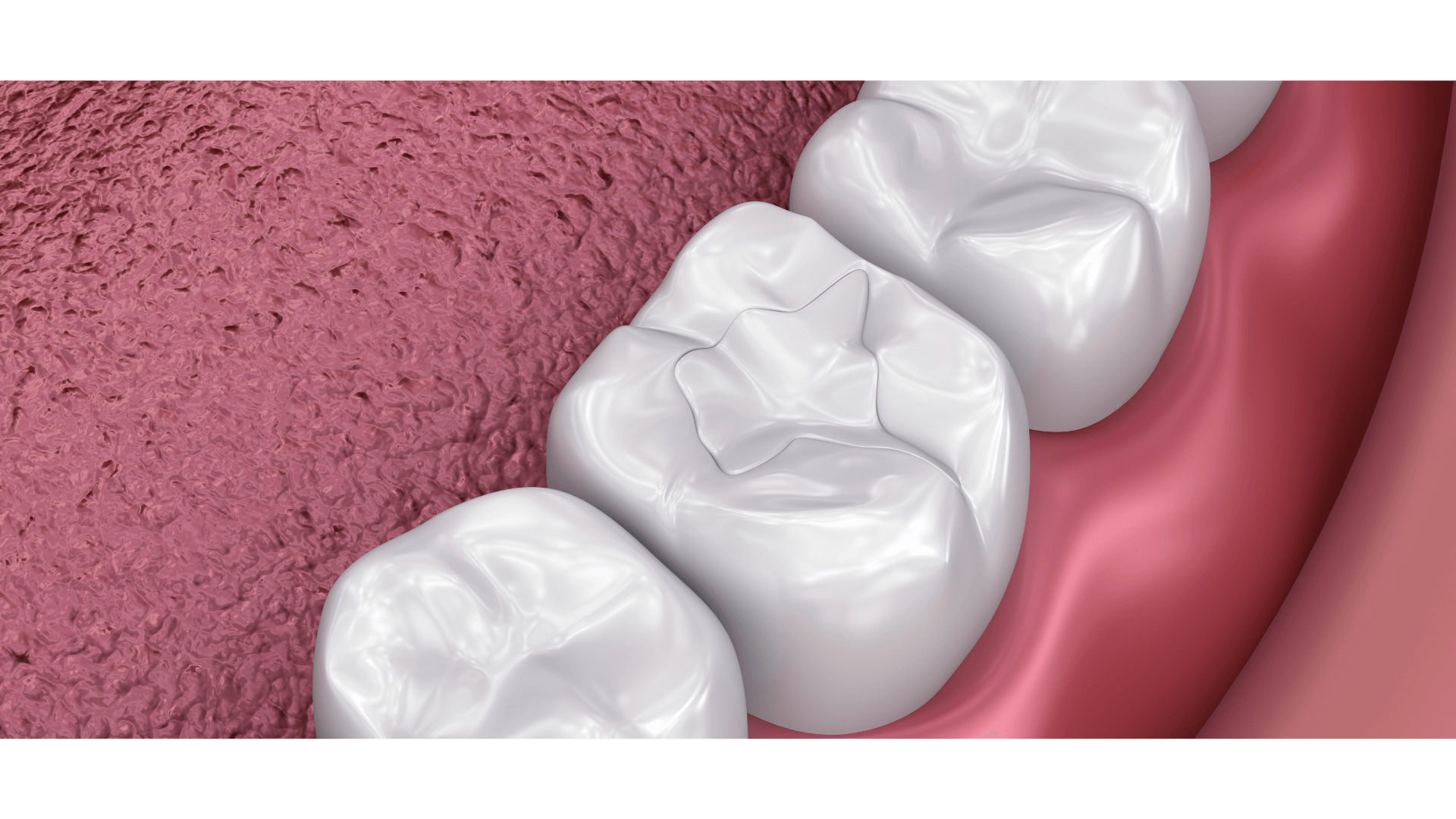Oral Cancer Screening
Oral cancer screening is an examination that looks for signs of cancer or precancerous conditions in your mouth. The goal of oral cancer screening is to identify mouth cancer early when there is a greater chance for a cure. The screening takes place during a routine dental visit by the Doctor’s trained eye. Additional tests are available to aid in identifying abnormal cells in your mouth The team may discuss your medical history to decide that an oral exam or a special test is right for you based on your risk factors.
Factors that increase the risk of oral cancer:
- A previous oral cancer diagnosis
- Heavy alcohol use
- Tobacco use of any kind, including cigarettes, cigars, pipes, chewing tobacco and snuff.
- History of significant sun exposure, which increases the risk of lip cancer
Mouth and throat cancers have been on the rise. An increasing number of these are associated with the sexually transmitted infection of human papillomavirus (HPV). If you're concerned about cancer risk, talk to your Dr. about which screening tests might be appropriate for you and how to reduce your risk.
Oral exams for oral cancer screening have some limitations; An oral exam may find sores that are suspect but screening alone cannot determine if the sore is cancerous. Screening may lead to additional testing.
The only way to be sure about oral cancer is to remove a few abnormal cells and test them for cancer. This procedure is called a biopsy. Screening for oral cancer may help find cancer early. Early treatment is associated with better outcomes.

How can I prepare for an oral cancer screening?
Oral cancer screening takes place during a routine dental appointment, and no preparation is needed.
What can I expect?
Your dentist looks over the inside of your mouth to check for red or white patches or mouth sores. He will check the tissues in your mouth for lumps or other abnormalities and examine your throat and neck for lumps.
These additional screening procedures are available.
- Oral cancer screening dye. Then rinse your mouth with a special blue dye before an exam. Abnormal cells in your mouth may take up the dye and appear blue.
- Oral cancer screening light shines in your mouth during an exam. The light makes healthy tissue appear dark and makes abnormal tissue appear white.
Results
Further recommendations will be made if there is any sign of cancer or precancerous lesions:
- A follow-up visit is required in a few weeks to check for abnormal tissue and note whether it has grown or changed over time.
- A biopsy procedure removes a sample of cells for testing at a laboratory to determine whether cancer cells are present. Your dentist may perform the biopsy, or you may be referred to a doctor who specializes in oral cancer diagnosis and treatment.




